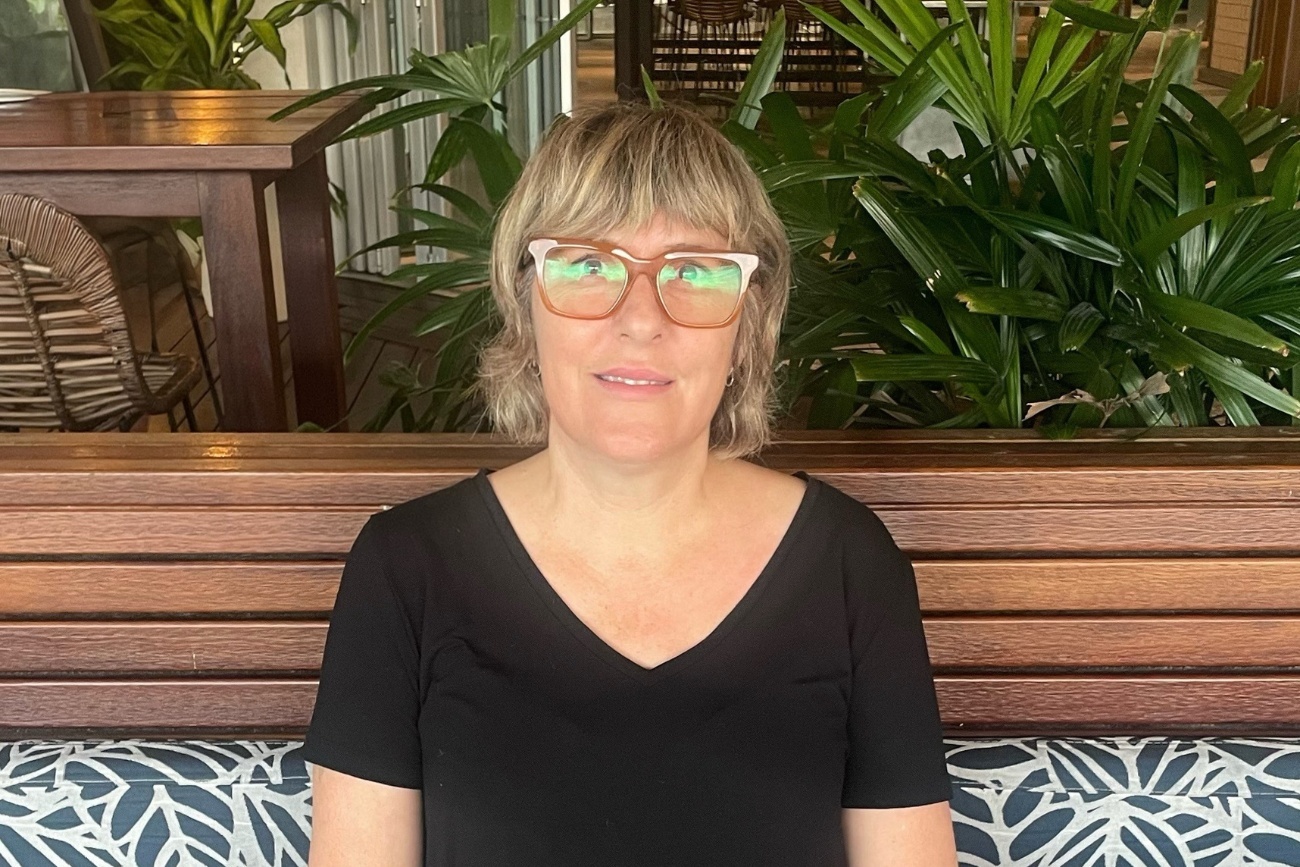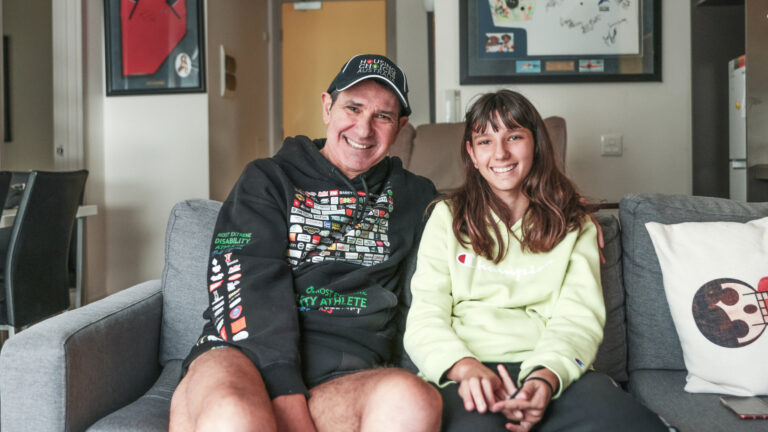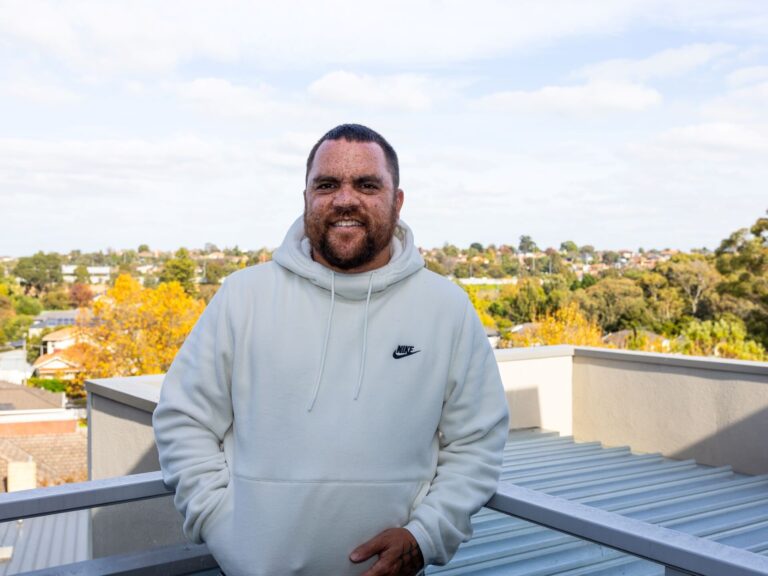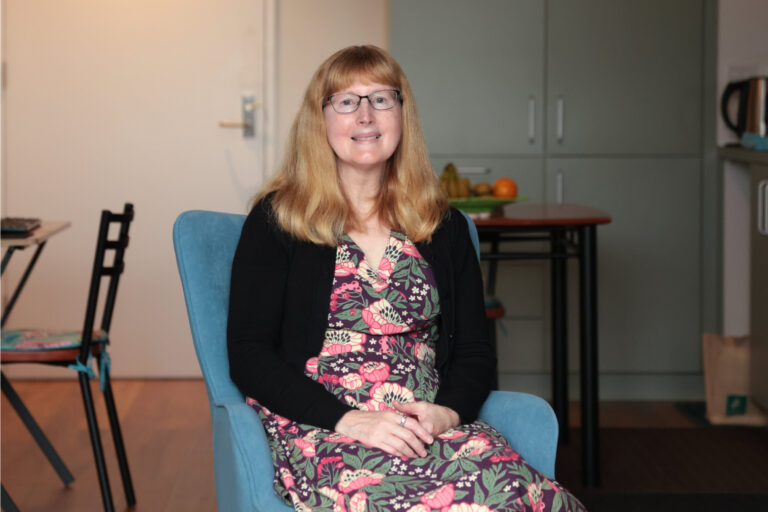It all started with a small step.
When Michelle first walked through the doors of Catherine House, she couldn’t have imagined how profoundly her life was about to change.
Homeless, separated from her daughter, and struggling with substance dependency, Michelle was trapped in a downward spiral. “I was really, really struggling with my mental health,” she reflects. “I wasn’t clean or sober, and things could have turned out very, very differently for me.”
Her entry into Catherine House – a specialist homelessness service for women in South Australia – marked a turning point. With no prior connection to support services, it was a friend who told her about the shelter. Michelle was hesitant at first. Catherine House couldn’t accommodate children, and despite her own challenges, she had always kept her daughter with her. “It was really hard for me to go there without her,” she says. Ultimately, she knew she needed help and had to take that first step. That small but brave decision became the turning point in her life.
Michelle spent five months in the emergency program – longer than most. During this time, her daughter lived with her father’s family. She was about to move into a boarding house – where, again, children weren’t allowed – when fate intervened. “I had the cheque in my hand, about to go pay the bond and four weeks’ rent for the boarding house, and then my case worker got a call from Common Ground – a supported accommodation service provided by Housing Choices Australia -,” she remembers. “They said I’d been selected for one of the new family apartments on Mellor Street. It was like divine intervention.”
That moment, she says, changed everything.
With the support of Catherine House, Common Ground, and Housing Choices South Australia, Michelle began to rebuild. “Catherine House gave me the stability to start my sobriety. Common Ground and Housing Choices gave me a safe home, which gave me the space to heal.” She stayed clean and sober, returned to university to study social work, and began the legal process to reunite with her daughter. “Common Ground supported me through it all – court letters, case work, and just encouraging me to keep going.”
The apartment in Mellor Street became more than just a home – it was a foundation. It allowed Michelle to focus on her studies, her recovery, learn new skills and most importantly, her relationship with her daughter. After four years at Common Ground, they later moved into a Housing Choices property in Campbelltown, where Michelle continued to flourish professionally, eventually becoming a senior clinical social worker.
“My daughter graduated high school, and I was thriving in my career. And I started to think – maybe it’s time to let someone else walk the path we’ve walked.”
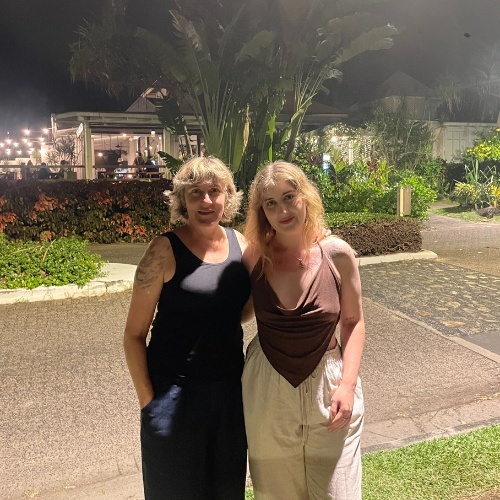
Michelle made the decision to transition out of social housing and into home ownership. Thanks to years of subsidised rent and financial stability, she was able to save a deposit and begin building her own home. “It wasn’t about wanting to own a home for the sake of it,” she explains. “But I knew someone else, just like me almost ten years ago, needed that place more than I did now.”
As she awaits the completion of her new home, Michelle is staying with her parents – a time she’s embraced as a chance to reconnect. Meanwhile, her daughter has moved to Kuranda in Far North Queensland and opened her own café. “I’m so proud of her,” Michelle says. “She’s thriving.”
Looking ahead, Michelle dreams of spending time in Kuranda herself, doing remote social work with Aboriginal and Torres Strait Islander communities.
But at the heart of her story is a powerful message of hope.
“There’s so much stigma around homelessness and addiction,” she says. “People think you’ve brought it on yourself. But life happens and you fall into bad things. And when you are also homeless, it becomes a vicious cycle.”
She believes that her story – while deeply personal – is also universal. “That first small step, reaching out for help, being honest about where you’re at – it changes lives. You don’t know where it’ll lead. I certainly didn’t.”
Michelle knows that not everyone’s path will look like hers. “I want people to know that there is hope. There is support. And there is a way forward.”
